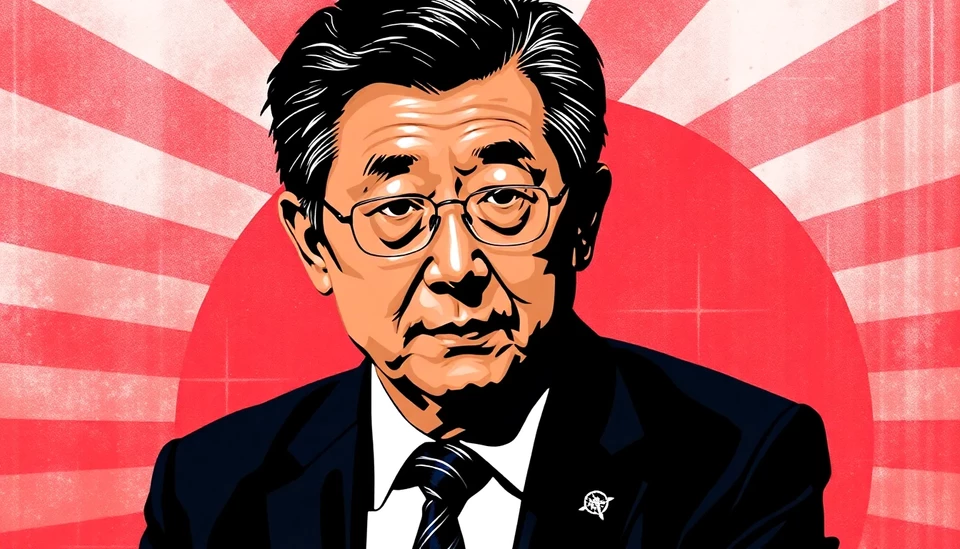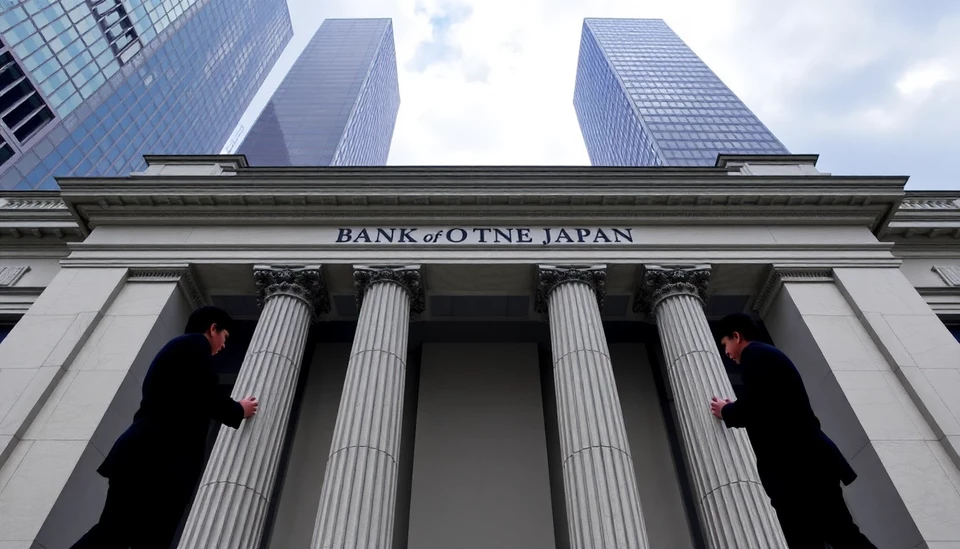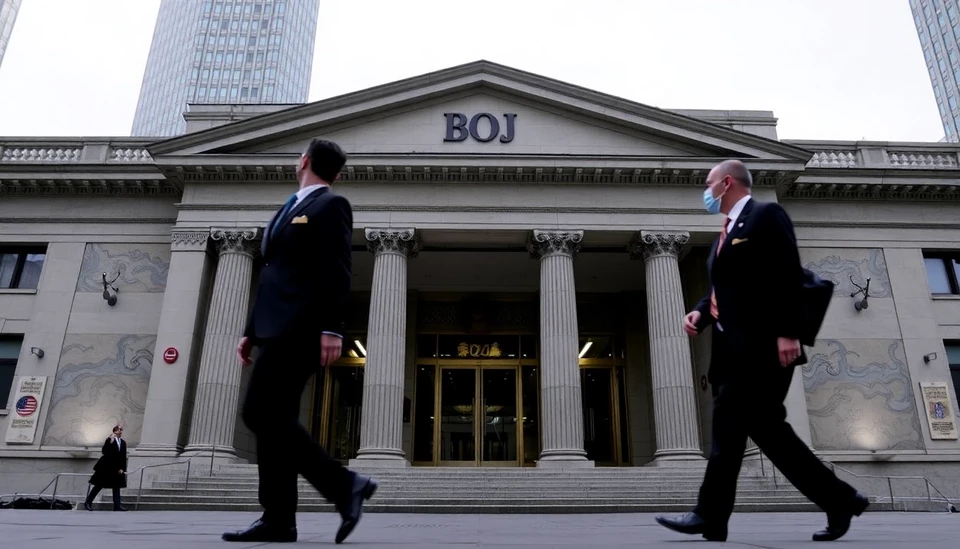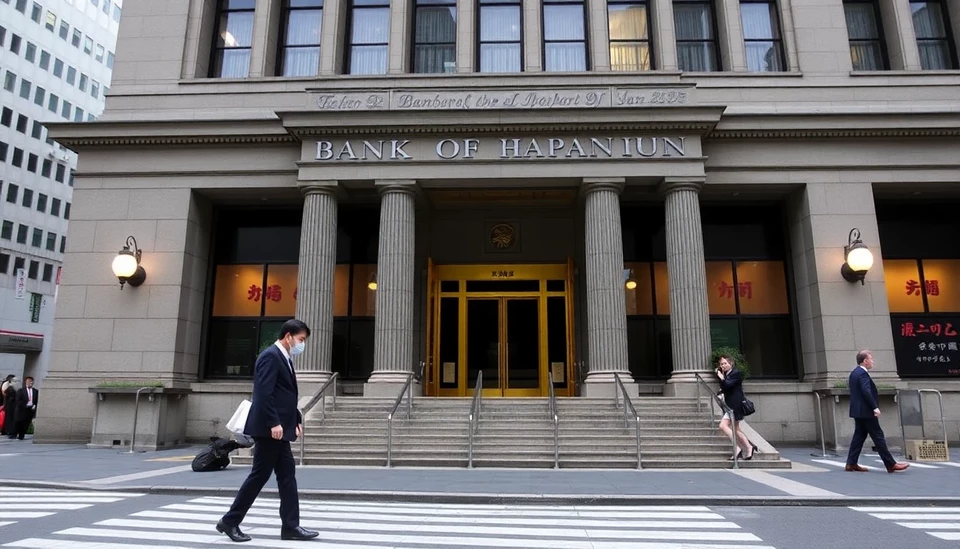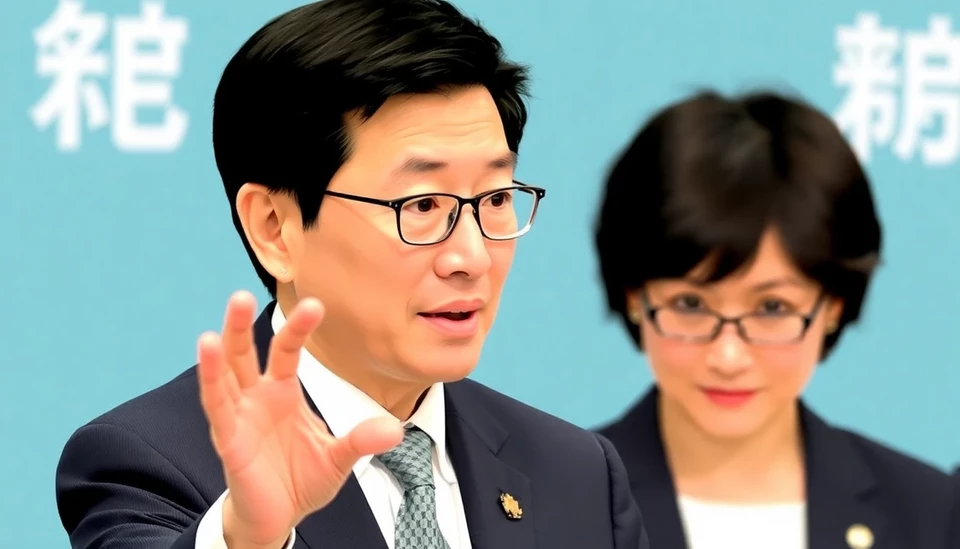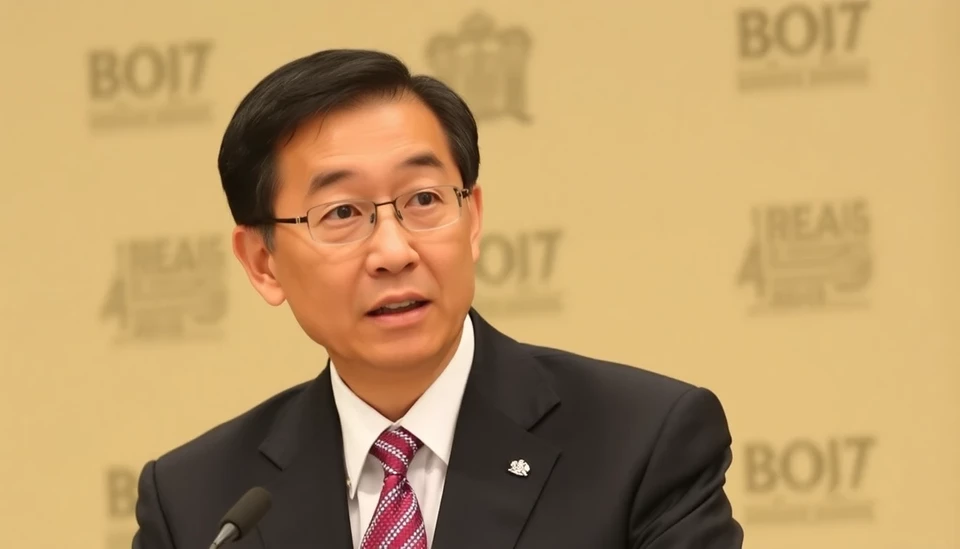
The recent comments from the Deputy Governor of the Bank of Japan (BOJ), Masayoshi Amamiya, have stirred discussions within financial markets as he hinted at the possibility of raising interest rates if Japan's economic outlook continues to improve. This marks a significant shift from the long-standing ultra-loose monetary policy adopted by the BOJ over the past decade.
Speaking in an interview, Amamiya emphasized that the central bank is closely monitoring inflation dynamics and economic growth trends. He conveyed a cautiously optimistic view, stating that if the country’s inflation remains stable and accompanies sustained economic performance, a rate increase could be on the table. This assertion reflects a fundamental shift in BOJ's approach that has historically favored low interest rates to stimulate economic activity.
Amamiya's statements come amidst growing global economic pressures and an ongoing recovery from the economic impacts of the pandemic. As inflation rates have surged globally, many central banks are considering or have already begun raising interest rates, leading to conversations about whether Japan, characterized by its deflationary environment for years, will follow suit.
The Deputy Governor also noted that the unprecedented stimulus measures undertaken by the BOJ are under assessment, and the bank remains ready to adapt its strategies to meet the evolving economic landscape. With Japan's yearly inflation reaching levels not seen in decades, expectations are oscillating regarding potential monetary tightening.
Market analysts and investors are keenly watching how these developments might unfold. Although a meaningful increase in rates is not anticipated in the immediate future, the mere suggestion from a high-ranking official at the BOJ represents a notable shift that could lead to increased volatility in Japanese financial markets.
As the world continues to navigate economic uncertainties and challenges, Japan's potential pivot in monetary policy could have ripple effects not only domestically but also throughout global markets. The anticipation surrounding potential rate hikes could influence various sectors, including real estate, consumer spending, and exports, as companies and consumers adjust to the new monetary environment.
The BOJ’s next meeting is set for March 2025, and it will be closely monitored for any new developments or strategies concerning interest rates and monetary policy direction. Investors are advised to keep an eye on economic indicators leading up to this meeting, as they could heavily influence the bank's stance.
In conclusion, the Deputy Governor's remarks highlight a significant turning point in Japan’s economic strategy, where a continuous improvement in economic indicators may soon prompt a review of the ongoing monetary policies that have shaped the country’s economic landscape for years.
#BOJ #InterestRates #MasayoshiAmamiya #EconomicOutlook #JapanEconomy #MonetaryPolicy #Inflation #FinancialMarkets
Author: Daniel Foster
